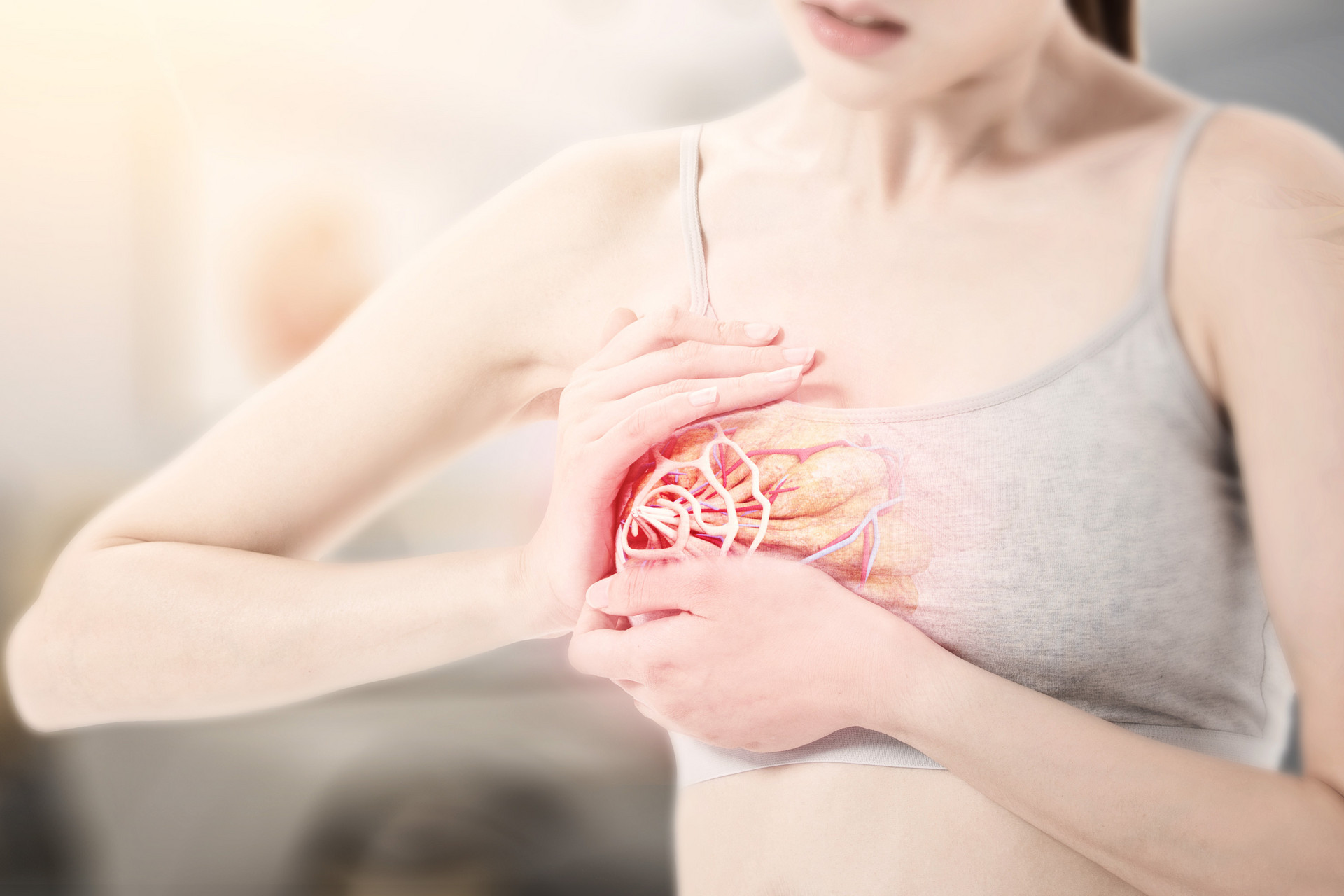5 Common Sense Tips for Elderly Winter Health
1. Balanced Diet
In winter, the weather is cold, and the elderly can eat more meat and high-calorie foods to supplement energy appropriately. However, it is also necessary to avoid overeating greasy food, as it can generate phlegm and be harmful to cardiovascular and cerebrovascular diseases.
In winter, bitter foods such as bitter gourd and gingko can be chosen, while salty foods should be consumed less. This has certain benefits for health care and prevention. However, if the elderly have good physical condition, there is no need to take a large amount of nutritional supplements, just pay attention to daily life adjustments.
2. Regular Living Habits
After winter comes, the days become shorter and the nights become longer. The elderly need to adapt to these changes by adding clothes and adjusting their daily routines. In winter, the elderly should have sufficient and regular sleep, with the principle of "early to bed, late to rise." Generally, it is considered appropriate for the elderly to sleep for 7 to 9 hours in winter.
Regular living habits also include regular bowel movements. "To achieve longevity, the intestines should always be clean." In winter, due to the inconvenience of going to the toilet and reduced physical activity, the elderly often cannot maintain daily bowel movements. However, if large bowel movements are not relieved for a long time, harmful substances in the feces will be absorbed by the intestines, which can promote the development of certain age-related diseases.
3. Moderate Exercise
The elderly have less outdoor activities in winter, but they should still insist on exercising. Morning exercises in winter should not be too early and should be done after the sun comes out. The level of activity should be controlled, as the saying goes, "The way to health preservation is to always strive for a little exertion, but never exhaust oneself." It is important to exercise within one's limits and persist in doing so.
The most suitable exercise for the elderly is walking. Walking can stimulate acupoints on the feet, which in turn adjusts the function of internal organs.
4. Emotional Regulation
Maintaining a calm state of mind and controlling emotions are important, especially for elderly people with hypertension who need to pay attention to emotional regulation.
The elderly should maintain a youthful mindset and look at people and things around them with a positive and kind attitude. When encountering unhappy things, they should let go with a smile. Optimistic emotions can promote smooth circulation of qi and blood in the body, ensuring normal organ functions.
5. Avoid External Pathogens
External pathogens refer to factors from the external environment that may cause diseases. The elderly have relatively weak vitality, and as the organs and tissues age, their functions gradually decline. If they are exposed to external pathogens, the severity of the disease after infection will be higher.
In times of epidemic outbreaks, the elderly not only have a higher infection rate, but also a higher proportion of complications. Especially in winter, the elderly are prone to colds and often trigger pneumonia and other diseases. Therefore, in winter, the elderly should not only keep warm, but also try to avoid going to public places and wear masks when going out.












